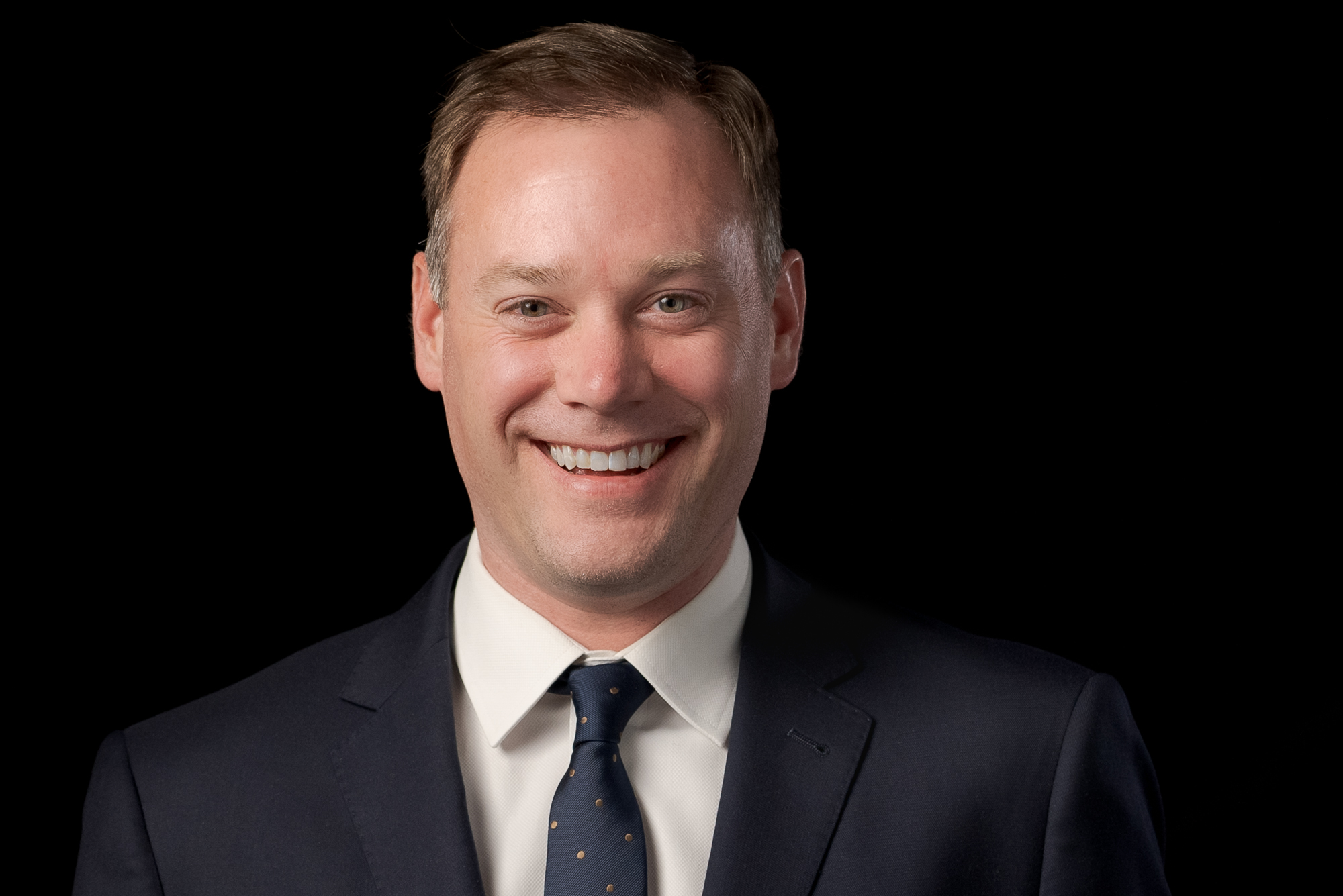Our alumnus, Kyle Long, has been quite busy post-graduation. Long is the founder and director of Global American Higher Education and senior director of Organizational Strategy and Change at Northwestern University. Global American Higher Education is a new Center for Public Diplomacy-supported research initiative that identifies, analyzes, and visualizes American higher education institutions outside the United States.
The website features an interactive dashboard with information on more than 300 American higher education institutions in 90 countries over 189 years. The database allows us to answer the questions posed earlier about the number, location and student populations of American higher education institutions overseas. Global American Higher Education shows that there are 262 active such institutions in 80 countries. Together, they enroll approximately 720,000 students. By comparison, the more than 6,000 stateside higher education institutions enroll 760,000 international students. That means American higher education reaches roughly as many students abroad as it does at home

Long’s interest in the spread of American higher education institutions’ prevalence outside the U.S., grew while he was a student in the International Comparative Education program. Under the tutelage of Professor Oren Pizmony-Levy, Long’s dissertation explored the relations of independent American universities abroad to one another and to American higher education through a mixed-method comparative case study of three eras. Students in the ICE master’s program helped him to assemble the foundational data for the project. You can access his dissertation here and the award-winning book that followed here.
Long argues:
When practiced in foreign lands, American higher education has the capacity to influence and change the way people think about university education. Instruction in English, student-centered pedagogy, vibrant student life and other customary features of American higher education can find their way into the regular practice of neighboring institutions. Because higher education is such an important economic, social and political institution, what goes on inside universities matters a great deal. An American business administration program can advance ideas favorable to capitalism. An American liberal arts curriculum can encourage democratic citizenship.
The potential for American institutions to disseminate values makes them a flashpoint for critics and proponents alike. Is the preponderance of American universities abroad evidence of American imperialism or neo-colonialism? Or do these institutions represent the best of what America has to offer the world? Regardless of one’s orientation to these and other concerns, Global American Higher Education can facilitate the ability to investigate them.
We are proud of what our alumni like Kyle have accomplished and cannot wait to see how they continue to inform, reform, and transform the field of International Comparative Education.
